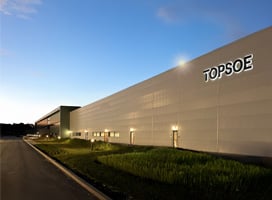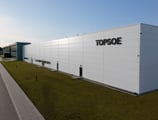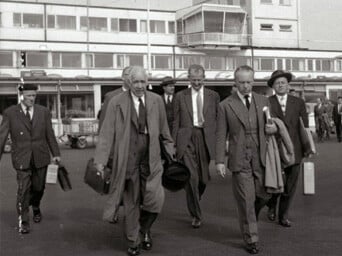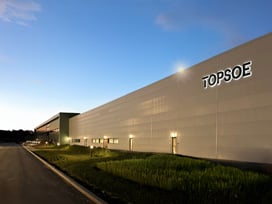Refineries are faced with the challenge that conventional once-through hydrocrackers and FCC pretreaters do not allow independent control of critical process objectives such as high diesel quality (e.g. Euro IV with strict density and cetane specifications) and low hydrocracking conversion and low hydrogen consumption. If such objectives are required, Topsoe can offer you our mild hydrocracking with integral post treatment (MHC-IPT) process to achieve your divergent process objectives by using different process configurations.
Knowledge & insights
Featured topics
-
Featured
.png) Topsoe Academy™ Topsoe Academy™ is your chance to tap into over 80 years of accumulated knowledge Find out more
Topsoe Academy™ Topsoe Academy™ is your chance to tap into over 80 years of accumulated knowledge Find out more -
 Discover how we meet the new energy reality to drive a sustainable future. Read
Discover how we meet the new energy reality to drive a sustainable future. Read
Solutions
Back
Solutions
Industries
-
Offerings
- Technologies
- Services
- Catalysts
- Power-to-X
News & events
Back
News & events
Careers
-
 If you’re ready to work alongside inspiring people like Hadise, Go solve at Topsoe.A place to make an impactRead
If you’re ready to work alongside inspiring people like Hadise, Go solve at Topsoe.A place to make an impactRead





.jpg?width=1440&height=1248&name=Mild%20hydrocracking%20with%20integral%20post%20treatment%20(MHC-IPT).jpg)
![SAF Airplane runway[1]-1 1](https://www.topsoe.com/hs-fs/hubfs/SAF%20Airplane%20runway%5B1%5D-1%201.png?width=800&height=640&name=SAF%20Airplane%20runway%5B1%5D-1%201.png)





